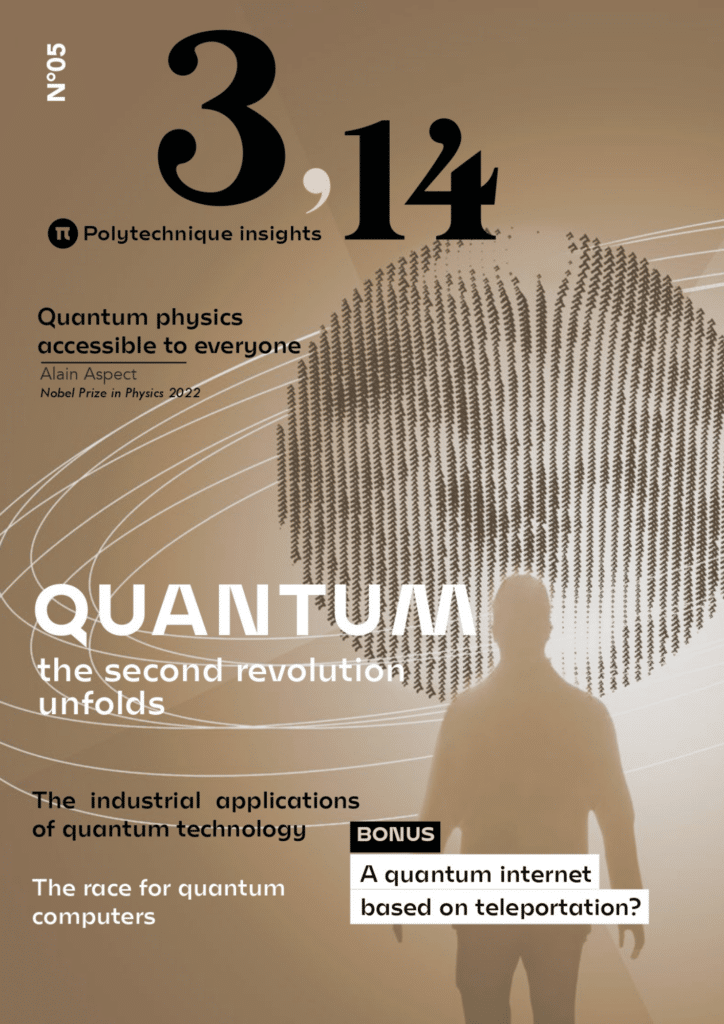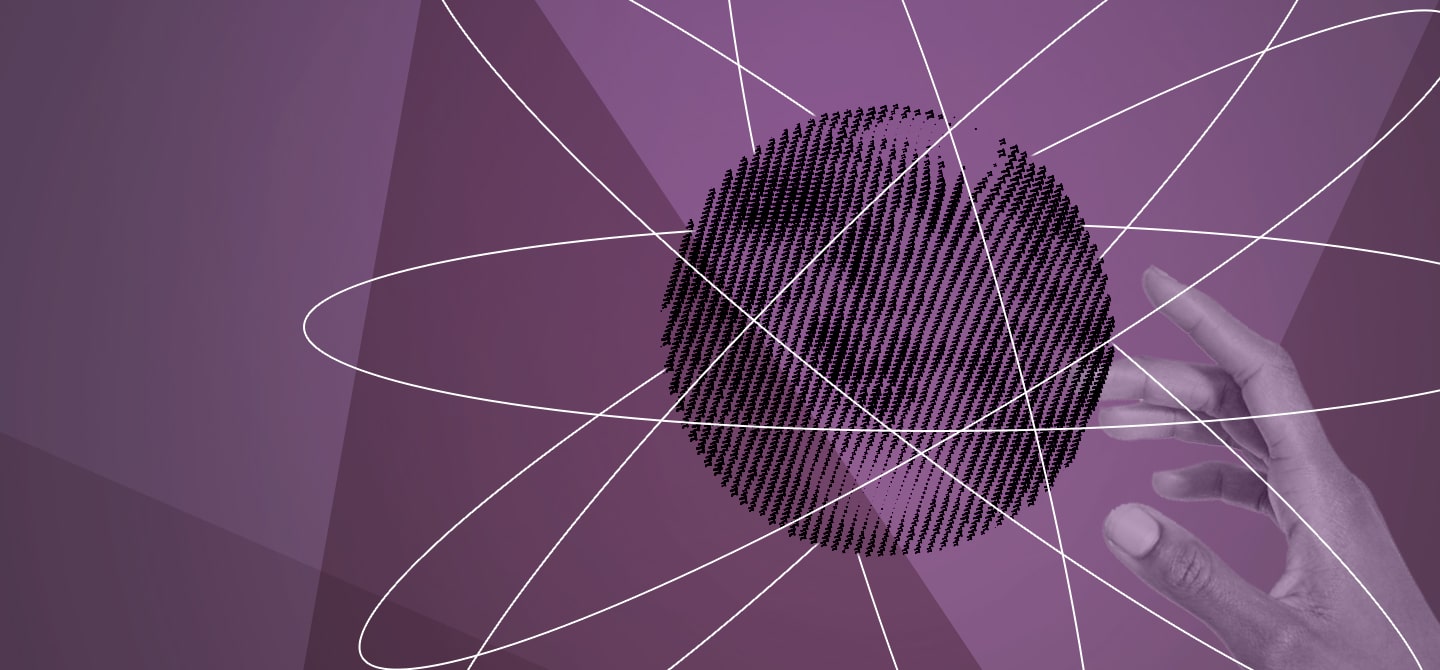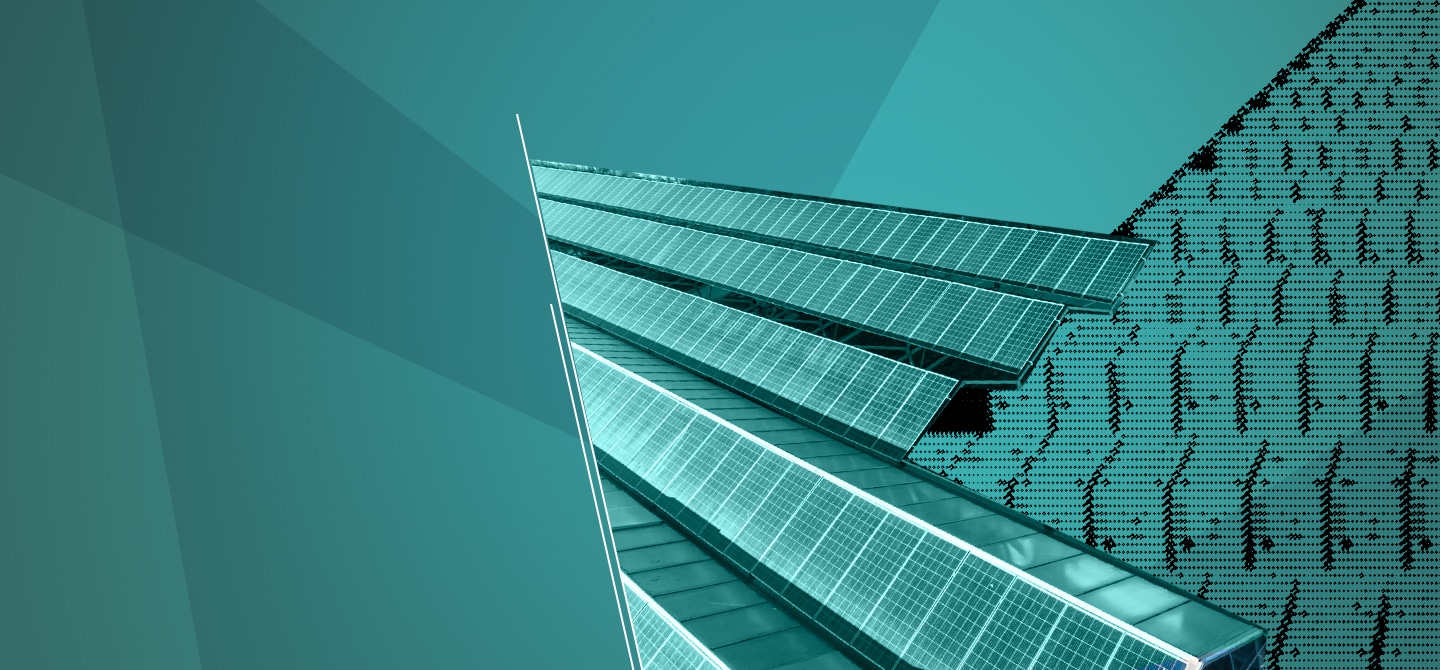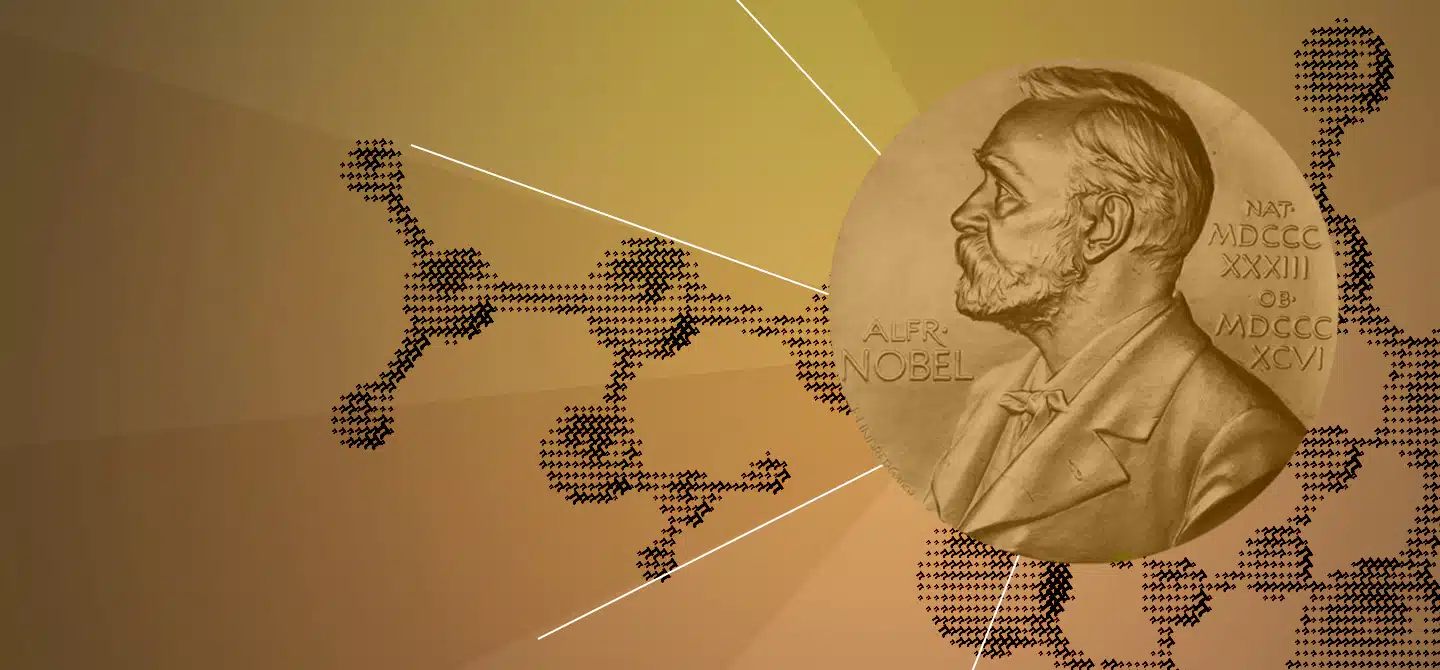This article is part of our special issue « Quantum: the second revolution unfolds ».
Quantum computers work with quantum bits, or qubits, which, unlike standard computer bits that can have a value of either 0 or 1, can be in a superposition of both 0 and 1. This characteristic means that quantum computers could be much faster than conventional computers for certain tasks. They could also be used to solve certain problems that a conventional computer cannot.
“A quantum computer will manipulate many qubits in a massively superposed state: 0000 plus 1111, for example, » explains Landry Bretheau. « In this ‘entangled’ state, several calculations can be carried out in parallel. A concrete example: imagine that the calculation, the problem, is to get out of a maze. How would you go about that? A human being or a computer programme will try out different possible trajectories one by one. Each time, a dead end is reached, they will then retrace their steps. In this way, they will test all the paths until they emerge from the maze. Since a quantum system can be in a superposition of states, that is, it can be in several places at the same time, it can therefore try to explore all the different paths in parallel and escape from the maze more quickly. »
Qubits can be built from different platforms or material building blocks, such as superconducting qubits, elementary particles or trapped ions. Other methods in the pipeline are photonic quantum processors that use light. « We use the term quantum computer, but it would be more accurate to talk about quantum processor, because the entire calculation cannot be implemented on a quantum computer, only a fraction of it, » explains Loïc Henriet. « We will always need a classical processor to coordinate all the steps of the calculation. »
At present, a quantum processor is still in the experimental stage: for one, it takes up a lot of space – for example, the one Löic Henriet’s team is working on sits in a large box measuring 3 metres by 2 metres by 2 metres. A very high vacuum, of 10-11 mbar, is also required to place the qubits in well-defined positions. This corresponds to around the same pressure as can be found on the surface of the Moon.
The sophisticated optics needed to control the qubits consist of lasers, lenses and mirrors. To coordinate the operation of each of these different pieces of equipment (which make up the hardware) and to synchronise them, on-board software is needed. This software is the quantum processor’s operating system.
Potential applications
There are many areas in which a quantum computer could prove more useful than a conventional computer, either in terms of computing time or the quality of the results obtained. The best-known example is Shor’s algorithm, which enables large numbers to be efficiently factorised into prime factors, for applications in cryptography and computer security, for example. Quantum computers will also be very good at making use of special algorithms to solve complex optimisation problems, such as those linked to scheduling, routing and logistics. These problems involve finding the optimum solution from a large number of possibilities – the most famous being the « travelling salesman » problem, which involves finding the shortest possible route between several cities. Delivery and logistics companies will certainly want to adopt quantum technology for this type of application.
Problems linked to the reactivity of molecules will also benefit. « There is a lot of research going on in this area, » explains Löic Henriet. « With a quantum processor, we will be able to carry out much more efficient calculations to determine the reactivity of certain proteins, for example, which will have enormous applications for the pharmaceutical industry and the synthesis of new drugs. We will also be able to calculate the properties of new materials of interest for many technological fields. »
Machine learning and artificial intelligence are also important application areas since quantum computers should be able to improve machine learning algorithms – potentially dramatically – by providing faster and more efficient optimisation routines or by exploring new models and architectures. This could be a massive new market, but it will depend on building practical quantum computers on a large scale and developing algorithms and applications that can take advantage of their unique capabilities.
Towards universality
For a quantum computer to work, it must be « universal », that is, it must be capable of correcting the errors caused by the imperfect nature of current hardware, which prevents a calculation from being computed completely. The main cause of these errors is the decoherence of the qubits themselves, which destroys the quantum character of the qubits and returns them to the state of classical bits. Decoherence is caused by the interaction of the qubits with their environment. The real challenge is therefore to isolate the system effectively. To do this, the qubits generally have to operate at a temperature close to 0 K and be shielded from each other and the environment. In addition to this, quantum error correction (QEC) techniques can be used to achieve « fault-tolerant quantum computing ». These techniques involve using a large number of qubits to create a « logical qubit » that is much less prone to errors.
According to experts, a real quantum « advantage » or « supremacy » will only be achieved when quantum computers operate with a million qubits. And since the current record is still less than 100 qubits, there is still a long way to go.
Major challenges
While, in theory, there is nothing preventing the creation of large-scale quantum computers, a number of major engineering problems need to be resolved first. « Companies see quantum computing as a strategic investment and don’t want to miss out, » explains Löic Henriet. « It’s no longer a question of if, but rather a question of when the quantum processor will become an integral part of IT solutions.
We are currently at the cusp of a technological revolution and, in France, we have the resources to be at the heart of this, both at academic level and at the level of companies and start-ups. Of course, end-customers and businesses also need to be on board.
Over the last five years or so, we’ve seen a real increase in interest
That said, a quantum computer, universal or not, will not replace your personal computer or smartphone any time soon, and the first customers will certainly be governments and major corporations rather than the general public, adds Landry Bretheau. « Scientists themselves will also be the first users, which is why the world of quantum computing is of interest to so many disciplines: chemistry, materials science, biology and physics. Each of these disciplines will develop its own algorithms to solve very specific problems.
« Over the last five years or so, we’ve seen a real increase in interest, » he says. “Some are calling it a ‘quantum boom’, with the creation of numerous start-ups and major fund-raising campaigns.”
PsiQuantum and IonQ, which have raised €600 million and €400 million respectively, are two outstanding examples. « In France, we have the Quantum Plan, announced by President Macron in early 2021, and the start-up with the most wind in its sails from a financial point of view in France at the moment is Pasqal, which has just raised €100 million.
Although we probably won’t succeed in building a fully operational and fault-tolerant computer in the next ten years, we can be sure that we will make unthought-of discoveries along the way that will be potentially useful and perhaps even change the face of society, just as classical computing has done over the last 50 years and, more recently, the Internet.
« It’s a great time to be working in this field, » says Landry Bretheau. « There’s a lot of excitement and the sector is evolving very quickly.”









